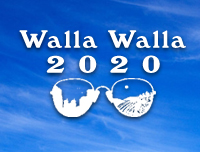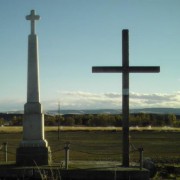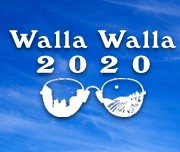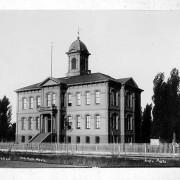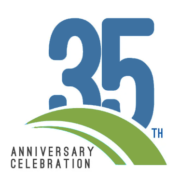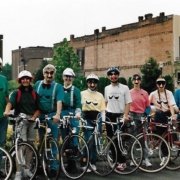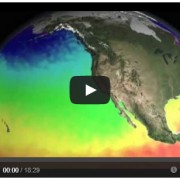Walla Walla 2020 and Beyond: Sustaining economic development
The following article is published in the Walla Walla Union-Bulletin’s series “Walla Walla 2020 and Beyond.” The full series of articles, published monthly, can be found at the UB’s site here.
Sustaining economic development
By BARBARA CLARK | Walla Walla 2020 and Beyond |
The tension between promoting continual growth or seeking sustainability and resilience is visible all around us, whether we’re looking at national economies, energy use, agriculture, human population or any number of other components of our world.
The impact on our local economy of the COVID-19 pandemic as well as the growing threats of global warming are making many of us think about economic sustainability and resilience in the face of change.
For Walla Walla 2020, examining those ideas in a local context began in 1991 with the formation of our Economic Development and Growth Management Committee. The state legislature had just passed the Growth Management Act, and here in the Valley, a new organization called Team Walla Walla had begun its work of trying to recruit new businesses to the area.
Formed in 1990 by the managers of Pacific Power, Cascade Gas, the Port of Walla Walla and the publisher of the Walla Walla Union-Bulletin, Team Walla Walla was formally designated as the lead economic development agency in the county.
Though it received over $100,000 a year in public funds from the cities, the county, the port and the state, the organization’s board was limited to those willing and able to pay a membership fee of $1,000 a year for the privilege of determining the future of our community, and its sole strategy was the recruitment of outside businesses to relocate to our valley.
The fact that only a few interests were at the table and that they appeared to be focused narrowly on short-term results concerned us. We thought that if we could bring together representatives from all sectors of the community to look at our economic well-being, we could find substantial agreement on a shared vision.
Our view was that the overall purpose of our economic development efforts should be sustainable, long-term prosperity. We shouldn’t undertake initiatives that depleted important natural resources such as water and topsoil for the sake of short-term profits. Nor would we enhance the stability of our economy by the pursuit of large, non-locally owned companies dependent on fluctuating national and international markets and willing to move whenever conditions were more favorable someplace else.
For the Walla Walla 2020 committee, the first principle of economic development was to support the founding, survival and expansion of local small businesses, because money spent at locally owned businesses circulated throughout the local economy many times, unlike profits that were sent elsewhere and stayed there.
It was also important to try to decrease the amount of money that was leaking out of the area because not everything could or should be produced locally. The biggest of the leaks was for energy, and the most inexpensive and effective way to keep that money here was by insulating buildings and reducing the use of single-occupancy motor vehicles.
Another development fundamental for Walla Walla 2020 was to protect and improve the quality of the public resources that served both businesses and citizens of the area and were largely responsible for why people wanted to live and locate their businesses here. They included our schools, transportation systems, water and sewer, police and fire services, libraries, parks and recreational facilities, as well as clean air, natural beauty, friendly neighborhoods and the richness of our cultural activities.
Our committee proposed an “economic summit” to promote community understanding of economic development options as well as to find consensus on development goals. At the request of Walla Walla 2020 and the Downtown Walla Walla Foundation, the community college agreed to coordinate and host the event. However, Team Walla Walla and the Chamber of Commerce declined to participate, and the college decided not to proceed without them.
We decided to try a different approach and produced a white paper on economic development, which we sent to all elected officials and members of planning commissions in the Valley.
We also requested that further public funding for Team Walla Walla be withheld or else conditioned on broader public involvement and a more diverse focus.
A vigorous public discussion followed at local government meetings and in the newspaper, and by the end of 1995, Team Walla Walla had effectively disbanded and was replaced by the Port.
Today, the Port of Walla Walla is the lead economic-development agency in the county and has established an advisory committee open to the public.
The economic development plans adopted by the Port include recruitment of outside businesses but also strong support for local business creation and expansion and an express goal of providing better jobs for existing residents rather than seeking to grow the population.
Their practices are subject to public debate, and our economic-development policies are now acknowledged to be the business of the entire community.
By supporting the prosperity and expansion of existing businesses in the Walla Walla area, by encouraging local entrepreneurship and new local businesses, by expanding preschools and child-care operations, and by conserving imported and local natural resources, we believe our area can gain greater self-sufficiency, increased jobs, more opportunities for young people and ongoing economic stability.
A copy of the full white paper, whose principles are still important today, can be downloaded at ubne.ws/ww2020whitepaper.

